“I Know in Whom I Have Trusted”
2 Nephi 3–5
LDS manual: here
Purpose
To encourage readers not to use authoritarian parenting tactics, or racism.
Reading
I’ve just realised these readings are really short. Back in the Old Testament lessons, the readings were huge! We had to cover so much ground that we would sometimes leave out entire books *cough Leviticus*. But the Book of Mormon is so short that a typical reading is two or three chapters.
And even for its small size, the Book of Mormon still feels padded out. As Mark Twain said:
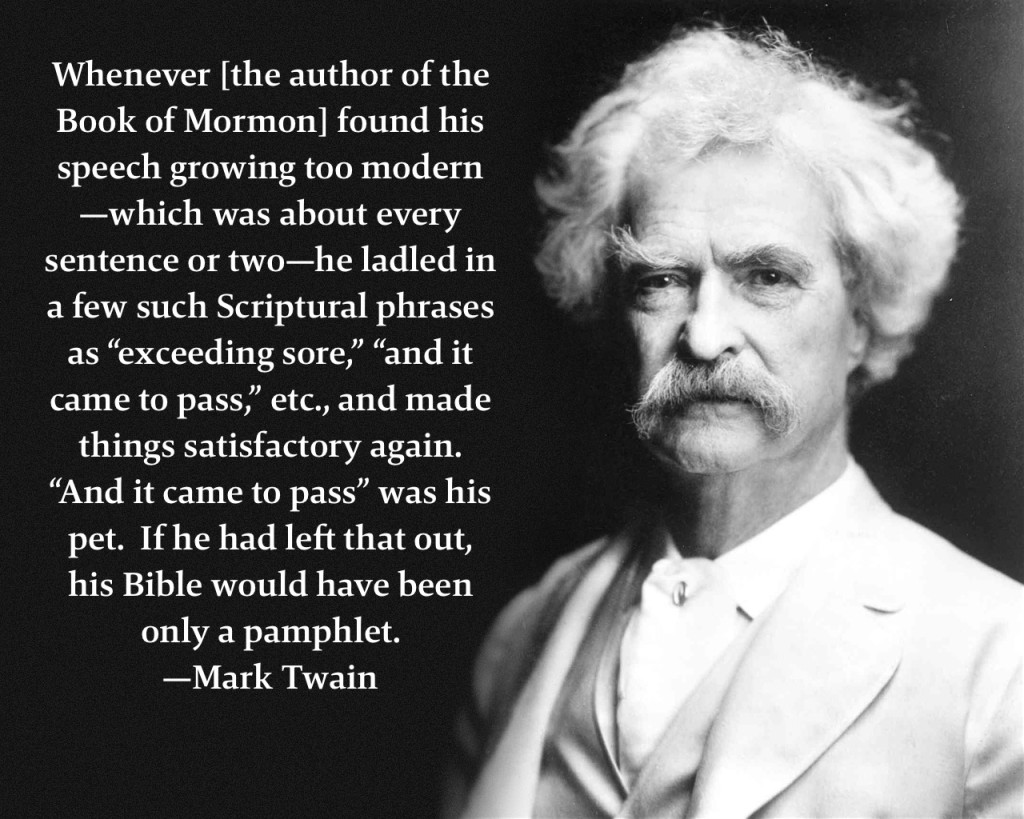
The main events in this lesson:
- Lehi gives everyone interminable sermons, dies
- Nephi agonises about how terrible he is
- Team Nephi flees Team Laman
- Lamanites are cursed with dark skin
Main ideas for this lesson
Joseph Smith writes himself into the BoM
There are a lot of Josephs in this story. Here, Lehi speaks to his son Joseph… about another Joseph, the one in Egypt.
2 Nephi 3:3 And now, Joseph, my last-born, whom I have brought out of the wilderness of mine afflictions, may the Lord bless thee forever, for thy seed shall not utterly be destroyed.
3:4 For behold, thou art the fruit of my loins; and I am a descendant of Joseph who was carried captive into Egypt. And great were the covenants of the Lord which he made unto Joseph.
3:5 Wherefore, Joseph truly saw our day. And he obtained a promise of the Lord, that out of the fruit of his loins the Lord God would raise up a righteous branch unto the house of Israel; not the Messiah, but a branch which was to be broken off, nevertheless, to be remembered in the covenants of the Lord that the Messiah should be made manifest unto them in the latter days, in the spirit of power, unto the bringing of them out of darkness unto light — yea, out of hidden darkness and out of captivity unto freedom.
Not sure what Lehi’s talking about here, since all we have from Joseph-in-Egypt is this:
Genesis 50:24 And Joseph said unto his brethren, I die: and God will surely visit you, and bring you out of this land unto the land which he sware to Abraham, to Isaac, and to Jacob.
50:25 And Joseph took an oath of the children of Israel, saying, God will surely visit you, and ye shall carry up my bones from hence.
50:26 So Joseph died, being an hundred and ten years old: and they embalmed him, and he was put in a coffin in Egypt.
Oh, wait, Joseph Smith made a creative rewriting of this passage that underwent — ahem — considerable expansion.
JST Genesis 50:24 And Joseph said unto his brethren, I die, and go unto my fathers; and I go down to my grave with joy. The God of my father Jacob be with you, to deliver you out of affliction in the days of your bondage; for the Lord hath visited me, and I have obtained a promise of the Lord, that out of the fruit of my loins, the Lord God will raise up a righteous branch out of my loins; and unto thee, whom my father Jacob hath named Israel, a prophet; (not the Messiah who is called Shilo;) and this prophet shall deliver my people out of Egypt in the days of thy bondage.
And on and on and on, for pages. Man, nobody ever dies in SmithWorld without giving a long speech!
But Smith couldn’t resist the urge to write himself into the narrative:
JST Genesis 50:33 And that seer will I bless, and they that seek to destroy him shall be confounded; for this promise I give unto you; for I will remember you from generation to generation; and his name shall be called Joseph, and it shall be after the name of his father; and he shall be like unto you; for the thing which the Lord shall bring forth by his hand shall bring my people unto salvation.
Yes, Joseph Smith Jr’s father was also named Joseph.
Holy crap — that’s a lot of hubris! What kind of chutzpah does it take to insert yourself into the Bible? “You know Joseph from Egypt? Yeah, well, he was really talking about me.” On the one hand, yes, Smith was willing to go all out. On the other, what a bullshitter. It’s embarrassing.
Oh, but he’s not done. Not content to write himself into Genesis, Smith now heads back to 2 Nephi to talk himself up some more.
2 Nephi 3:6 For Joseph truly testified, saying: A seer shall the Lord my God raise up, who shall be a choice seer unto the fruit of my loins.
3:7 Yea, Joseph truly said: Thus saith the Lord unto me: A choice seer will I raise up out of the fruit of thy loins; and he shall be esteemed highly among the fruit of thy loins. And unto him will I give commandment that he shall do a work for the fruit of thy loins his brethren, which shall be of great worth unto them, even to the bringing of them to the knowledge of the covenants which I have made with thy fathers.
3:8 And I will give unto him a commandment that he shall do none other work, save the work which I shall command him. And I will make him great in mine eyes; for he shall do my work.
3:9 And he shall be great like unto Moses, whom I have said I would raise up unto you, to deliver my people, O house of Israel.
He name-checks his father again, as in the Genesis rewrite:
2 Nephi 3:14 And thus prophesied Joseph, saying: Behold, that seer will the Lord bless; and they that seek to destroy him shall be confounded; for this promise, which I have obtained of the Lord, of the fruit of my loins, shall be fulfilled. Behold, I am sure of the fulfilling of this promise;
3:15 And his name shall be called after me; and it shall be after the name of his father. And he shall be like unto me; for the thing, which the Lord shall bring forth by his hand, by the power of the Lord shall bring my people unto salvation.
And then more about how awesome he is.
2 Nephi 3:24 And there shall rise up one mighty among them, who shall do much good, both in word and in deed, being an instrument in the hands of God, with exceeding faith, to work mighty wonders, and do that thing which is great in the sight of God, unto the bringing to pass much restoration unto the house of Israel, and unto the seed of thy brethren.
Can anyone — even a believer — read this, and not feel just a twinge of incredulity? What’s more likely: that an Old Testament patriarch had a prophecy about someone, and no one noticed — or Joseph Smith simply wrote himself in?
Parental responsibility
Parenting is tough. You worry about your kids, and you do everything you can to give them a good start in life.
When my boys were small, I told them,”When you become a grown-up, you’ll be making all the decisions for yourself. My job is to help you learn to make good choices.” That’s why I’ve always tried to give them age-appropriate choices. In the early days, it was about what to wear — the blue shirt, or the red shirt? Then they had pocket money, which they could spend on what they liked. (Except when Oldest Boy threw a rock through the window of a neighbouring house. He thought it was abandoned, when it was simply untenanted. Then he had to use a good chunk of his pocket money on that. His interest in rock-throwing quickly waned.)
Every parent is going to parent differently, and this includes LDS parents. Some are responsible, great parents. Some are terrible authoritarians. And the Book of Mormon gives LDS parents the ammunition to parent terribly.
Here’s the scripture.
2 Nephi 4:5 But behold, my sons and my daughters, I cannot go down to my grave save I should leave a blessing upon you; for behold, I know that if ye are brought up in the way ye should go ye will not depart from it.
4:6 Wherefore, if ye are cursed, behold, I leave my blessing upon you, that the cursing may be taken from you and be answered upon the heads of your parents.
This, along with other verses, gives the message that parents will be held responsible for the actions of their children.
A bishop I knew took this very seriously. Of course, he didn’t want to be punished if his children left the church. After all, “No success can compensate for failure in the home,” and for him apostasy was the ultimate failure. So his approach was to take over the job of making choices for his children — perfectly acceptable for a patriarchal authoritarian to do — and make all the choices for them until they were 18.
An example from their own retelling:
Him: You have a choice. You can do the school play, or you can do church baseball.
Kid: I think I’d like to be in the play.
Him: That was the wrong choice. Now I will choose for you. You’re going to do church baseball.
And then his conscience was clear. He had done the right thing, and he wouldn’t be punished for the actions of his children.
What reader of the Book of Mormon could tell him he was wrong? Certainly not someone who believed in penal substitution, that guilt could be shuttled from person to person.
But this is an awful way to treat an apprentice choice-maker. Practiced consistently, this will take a whole bunch of kids with no decision-making experience, and unleash them into adulthood unprepared.
Or you’ll get a bunch of little sneaks who make their own choices behind your back. Either way, not good.
Arm of flesh
Here’s an idea that pops up in Mormon scripture and thought.
2 Nephi 4:34 O Lord, I have trusted in thee, and I will trust in thee forever. I will not put my trust in the arm of flesh; for I know that cursed is he that putteth his trust in the arm of flesh. Yea, cursed is he that putteth his trust in man or maketh flesh his arm.
What’s behind this?
Well, what kind of ideas have been made by people? Humanism, for one. Science, for another. And I think what these two things have in common is
a: they work pretty well
b: in principle, they’re not very authoritarian.
As such, they stand in marked contrast to the Mormon religion which a) is very authoritarian, and b) doesn’t work.
It’s a bit silly for a religion to say “Don’t trust people, trust God.” It’s people all the way down. You’re trusting a prophet who claims to speak for God, but who makes mistakes anyway. I’d rather listen to someone who can own their mistakes, and can update accordingly.
Additional lesson ideas
Nephite swords and temples
This lesson contains two things that have never been found. One is swords.
2 Nephi 5:14 And I, Nephi, did take the sword of Laban, and after the manner of it did make many swords, lest by any means the people who were now called Lamanites should come upon us and destroy us; for I knew their hatred towards me and my children and those who were called my people.
And the other is an entire temple. Blimey, you’d think that’d be hard to lose.
2 Nephi 5:16 And I, Nephi, did build a temple; and I did construct it after the manner of the temple of Solomon save it were not built of so many precious things; for they were not to be found upon the land, wherefore, it could not be built like unto Solomon’s temple. But the manner of the construction was like unto the temple of Solomon; and the workmanship thereof was exceedingly fine.
He what? With how many people?
Remember, the temple of Solomon took seven years to build.

But hey, it’s Nephi. If he can knock up an intercontinental ocean liner in a couple of verses, then surely an enormous building with exceeding fine workmanship must have been a piece of cake.
Solomon’s temple and Nephi’s temple do have one thing in common, though. There’s no archaeological evidence for either one.
What evidence is there that the Temple of Solomon existed?
The only evidence is the Bible. There are no other records describing it, and to date there has been no archaeological evidence of the Temple at all. What’s more, other archaeological sites associated with King Solomon – palaces, fortresses and walled cities that seemed to match places and cities from the Bible – are also now in doubt.
There is a growing sense among scholars that most of these archaeological sites are actually later than previously believed. Some now believe there may be little or no archaeological evidence of King Solomon’s time at all, and doubt that he ruled the vast empire which is described in the Bible.
And there’s something else to notice here. It appears that whoever was dictating the Book of Mormon lost track of what he was saying from one verse to the next.
2 Nephi 5:15 And I did teach my people to build buildings, and to work in all manner of wood, and of iron, and of copper, and of brass, and of steel, and of gold, and of silver, and of precious ores, which were in great abundance.
5:16 And I, Nephi, did build a temple; and I did construct it after the manner of the temple of Solomon save it were not built of so many precious things; for they were not to be found upon the land, wherefore, it could not be built like unto Solomon’s temple. But the manner of the construction was like unto the temple of Solomon; and the workmanship thereof was exceedingly fine.
Everyone built buildings because there was so much gold and silver and precious ores around — in great abundance. But Nephi couldn’t build a temple out of those things, because they weren’t around in great abundance. Whoops — that’s a clanger.
People with dark skin are loathsome
Ask: Is dark skin loathsome and unenticing?
2 Nephi 5:21 And he had caused the cursing to come upon them, yea, even a sore cursing, because of their iniquity. For behold, they had hardened their hearts against him, that they had become like unto a flint; wherefore, as they were white, and exceedingly fair and delightsome, that they might not be enticing unto my people the Lord God did cause a skin of blackness to come upon them.
5:22 And thus saith the Lord God: I will cause that they shall be loathsome unto thy people, save they shall repent of their iniquities.
5:23 And cursed shall be the seed of him that mixeth with their seed; for they shall be cursed even with the same cursing. And the Lord spake it, and it was done.
5:24 And because of their cursing which was upon them they did become an idle people, full of mischief and subtlety, and did seek in the wilderness for beasts of prey.
While the LDS Church has tried to disavow its institutional racism by publishing an uncredited essay, scriptures like this are the reason that it will never be able to do so convincingly. The idea that dark skin can sometimes be a punishment for sin, or that it’s loathsome, is woven into the very plot of the Book of Mormon. It can’t be disavowed. The only way to get around it is not to think about it.
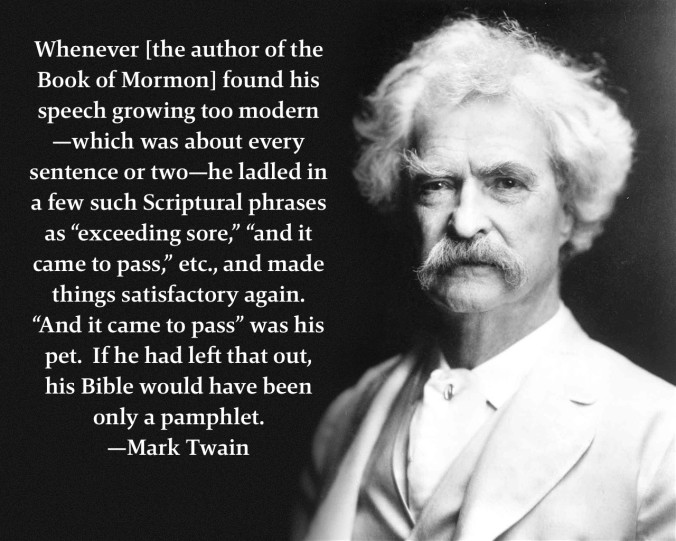





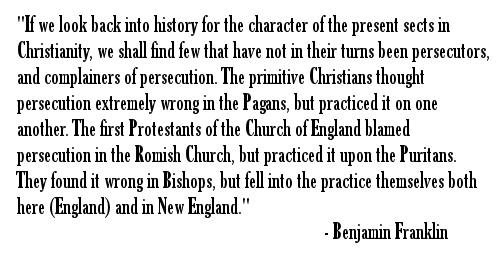
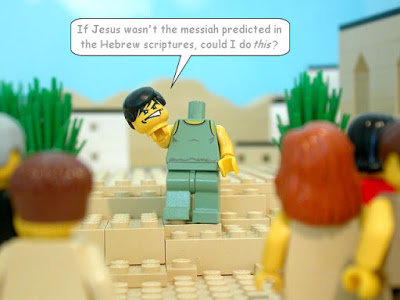
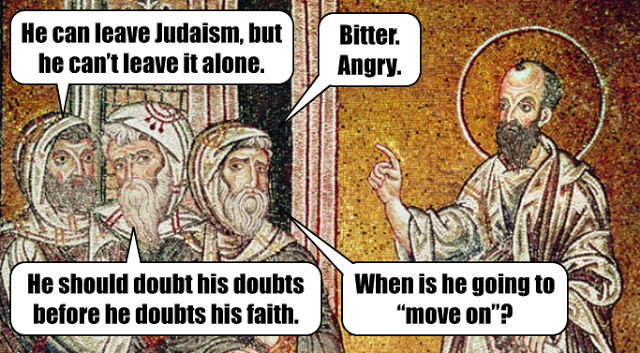


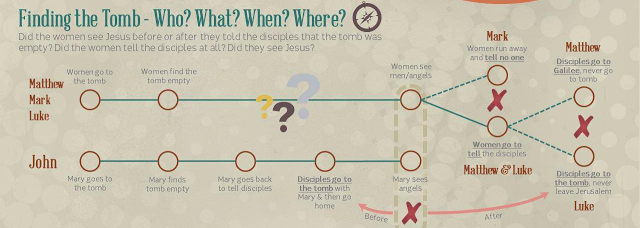
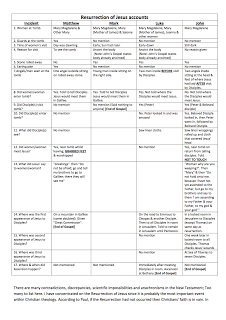
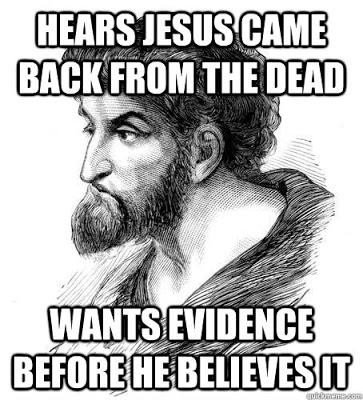
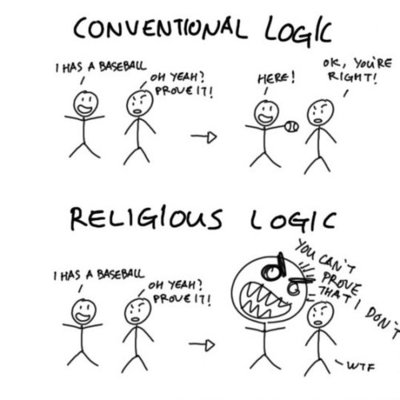
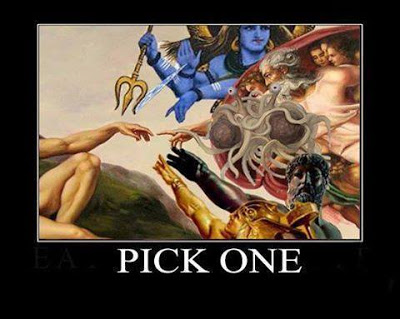

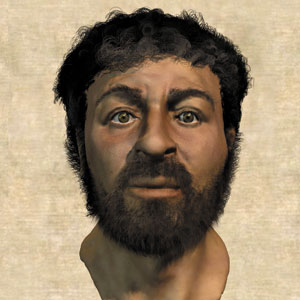



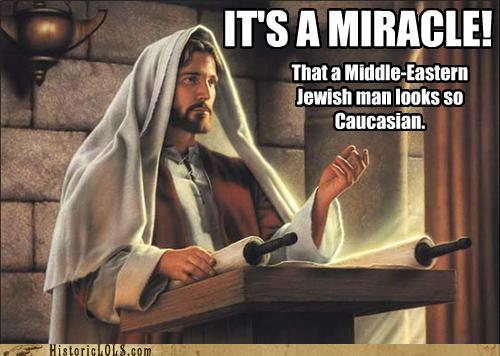
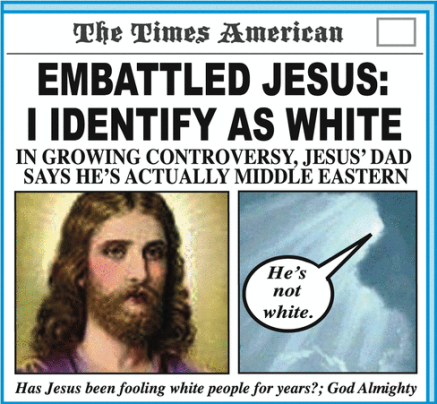


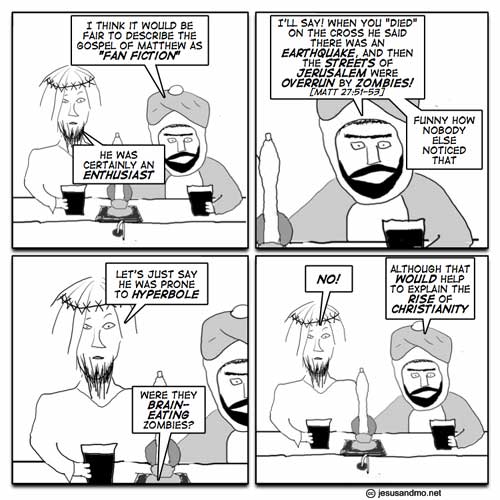
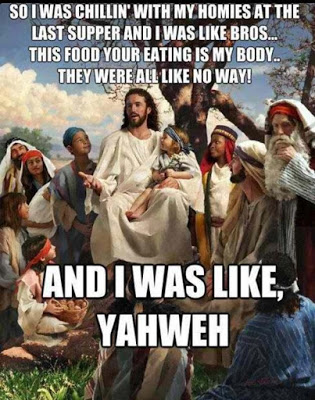
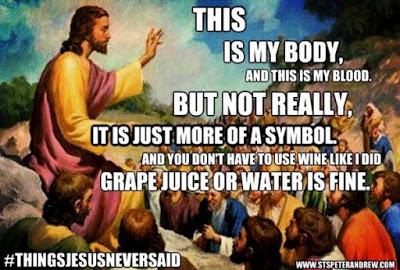

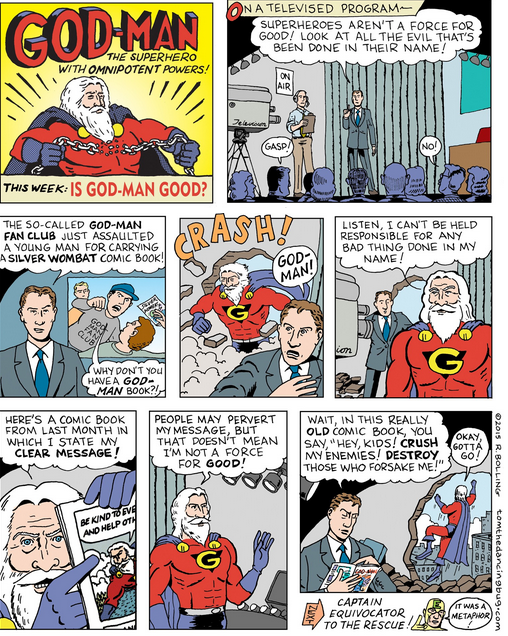


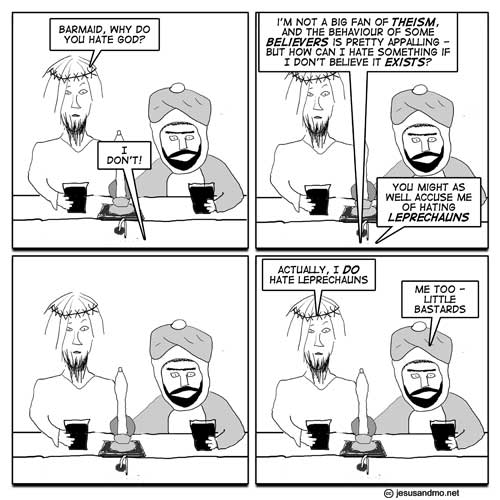



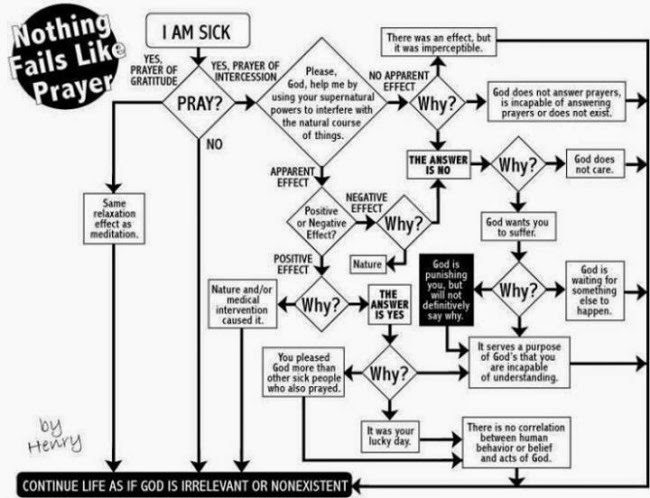

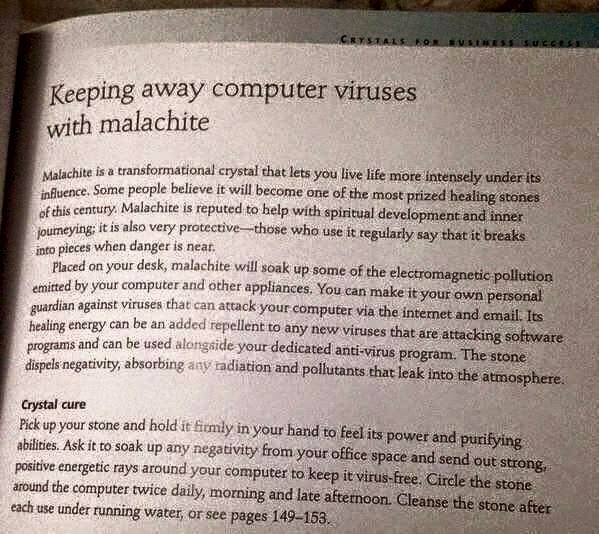



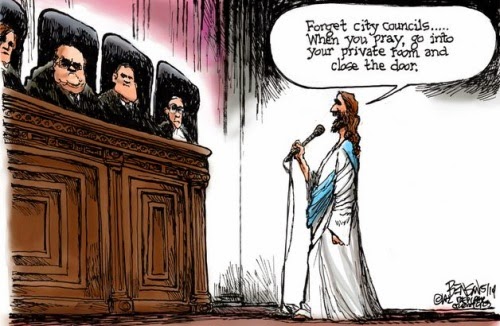


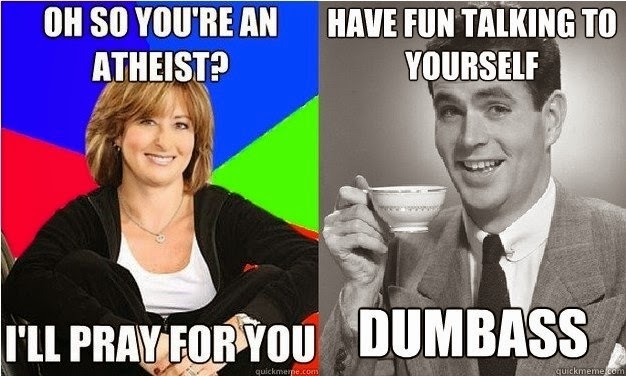

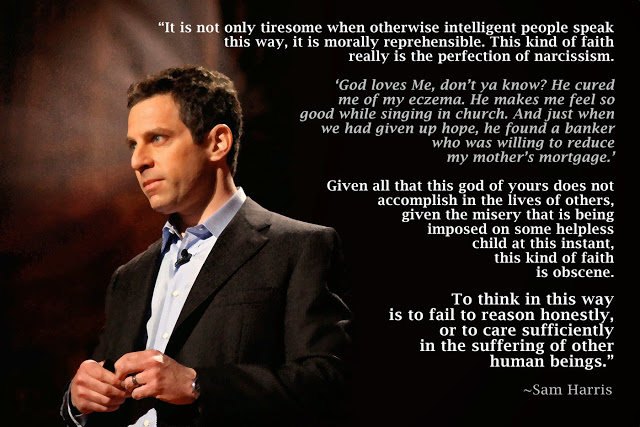
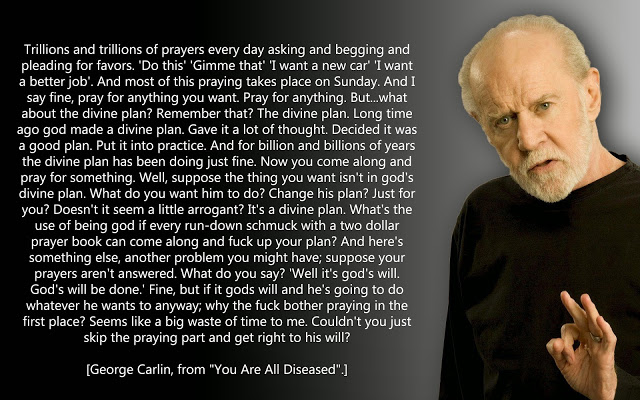

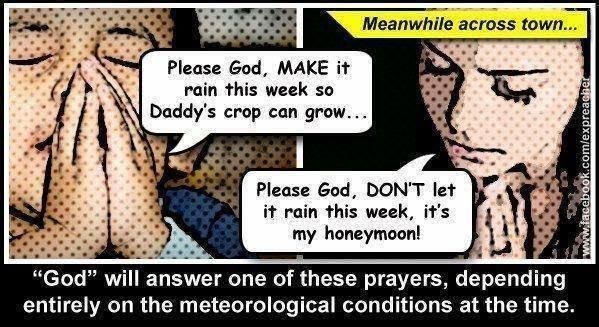

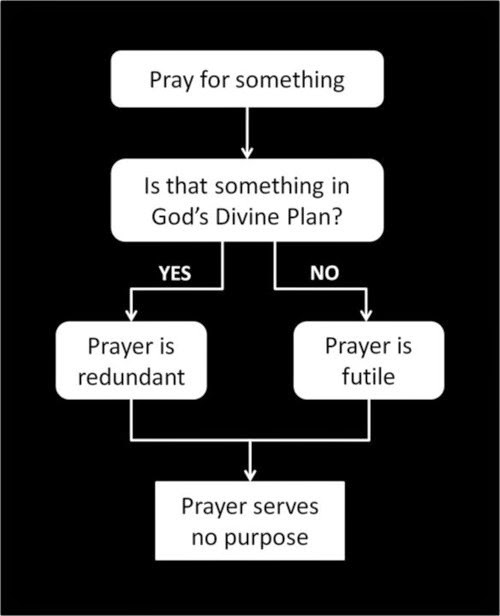
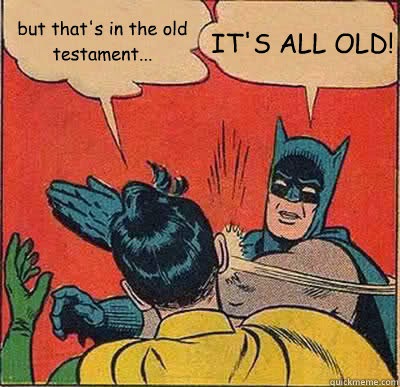
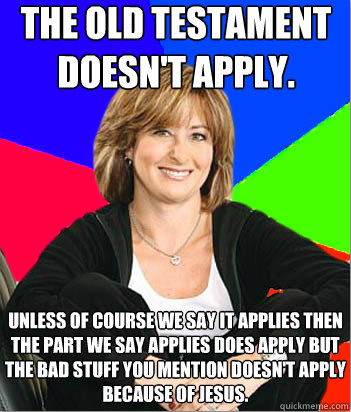





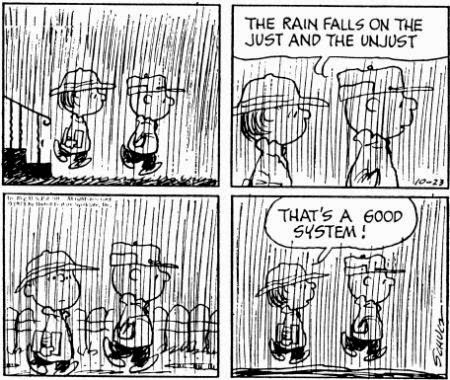



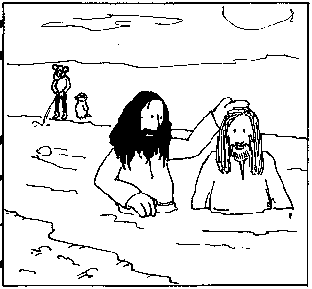




Recent Comments